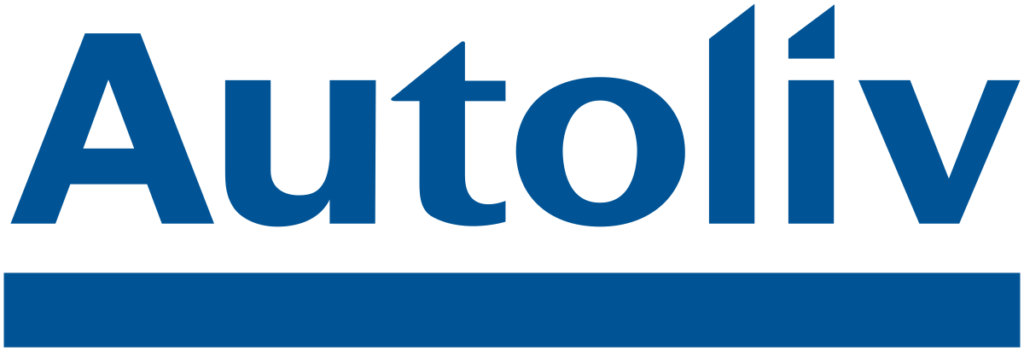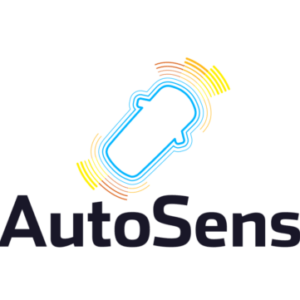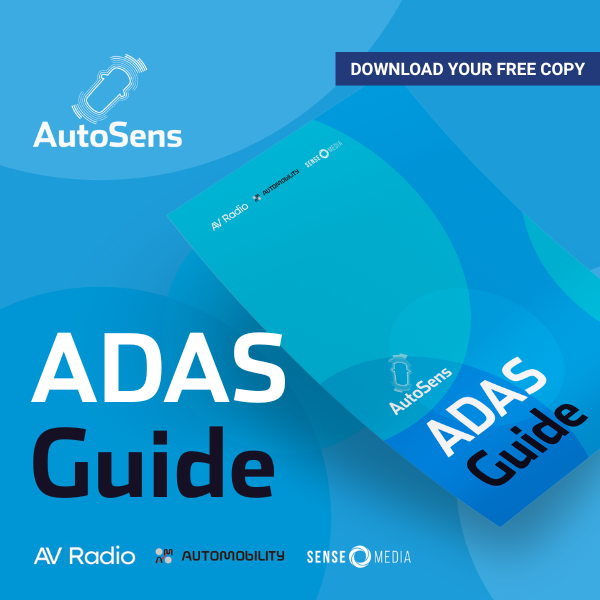As China continues to lead global transformation in intelligent mobility, the demand for adaptive and scalable automotive systems is accelerating at an unprecedented pace. From modular architectures to continuous safety validation, the industry is redefining how vehicles evolve over their lifetime. In this interview, Autoliv shares insights on how its engineering teams are meeting the challenges of integration, functional safety, and user-centric design — and why collaboration platforms like InCabin are vital for advancing innovation and ensuring the future of safe, adaptive mobility. Read the full interview below.

Huangqing Zhu (诸黄清)
System D Manager
Autoliv

The automotive industry is moving fast — what market drivers in China are creating the strongest demand for adaptive and scalable systems today? Does that differ from other global markets?
Yes, the Chinese automotive market is not just large; it’s uniquely dynamic and is currently the global epicenter for innovation in adaptive and scalable systems. The drivers there are distinct in their intensity and combination compared to other major markets.
The strongest demand in China is for systems that are scalable across model lines to achieve cost-effective EV dominance and highly adaptive via software to meet the extreme pace of innovation and the expectation of a continuously evolving digital experience.
While the rest of the world is moving in the same direction, China’s unique combination of various end consumer’s needs, a tech-native consumer base, and a less entrenched legacy auto industry allows it to move faster and with more ambition, making it the global testbed for the most advanced adaptive and scalable automotive systems.
You’ve highlighted modular design as a foundation for adaptive architectures, how and why does this approach benefit the end user?
This is an excellent follow-up question because it gets to the heart of why this technical shift matters to the person who buys and lives with the car.
Modular design is the engineering philosophy that makes adaptive and scalable architectures possible. While it’s a strategic benefit for the manufacturer (cost reduction, faster development), the end user experiences these benefits in very tangible and valuable ways.
Integration is always a challenge in complex systems. What lessons has Autoliv learned about overcoming these hurdles while keeping safety at the forefront?
This question strikes at the core of Autoliv’s mission. As a leader in automotive safety systems, Autoliv’s entire reputation is built on the unequivocal reliability of its products. Their approach to overcoming integration challenges is therefore a masterclass in balancing innovation with an
uncompromising safety culture. Autoliv’s lessons revolve around a core principle: manage immense complexity through standardization, simulation, and a deeply ingrained culture of safety that permeates every design choice, partnership, and validation process. They have learned
that to integrate complex systems safely, you must leave nothing to chance and must validate relentlessly in a virtual environment long before the real-world consequences are at stake.
Functional safety standards are non-negotiable in automotive. How do you ensure adaptive, safety-critical systems continue to meet these requirements as conditions and technologies evolve?
This is arguably the single greatest challenge in the next generation of automotive. Adaptive systems, which learn and change over their lifetime, fundamentally challenge this paradigm. Ensuring these systems meet non-negotiable safety requirements requires a fundamental shift from a static validation model to a dynamic, continuous, and holistic assurance process.
Finally, why do you think forums like InCabin are important for the industry, and what value do they bring to discussions around safety and innovation?
This is a critical point that goes to the heart of how a complex, safety-focused industry evolves. Forums like the InCabin conference are not just another industry gathering. They serve as an essential ecosystem for collaboration and accelerated progress, particularly in the high-stakes domain of vehicle interior technology, safety, and UX.
Interested in exterior sensing technology?
With a pass to InCabin China, you’ll also get full access to our co-located sister event, AutoSens. Take a look at the leading line-up of Speakers at AutoSens China here >>



